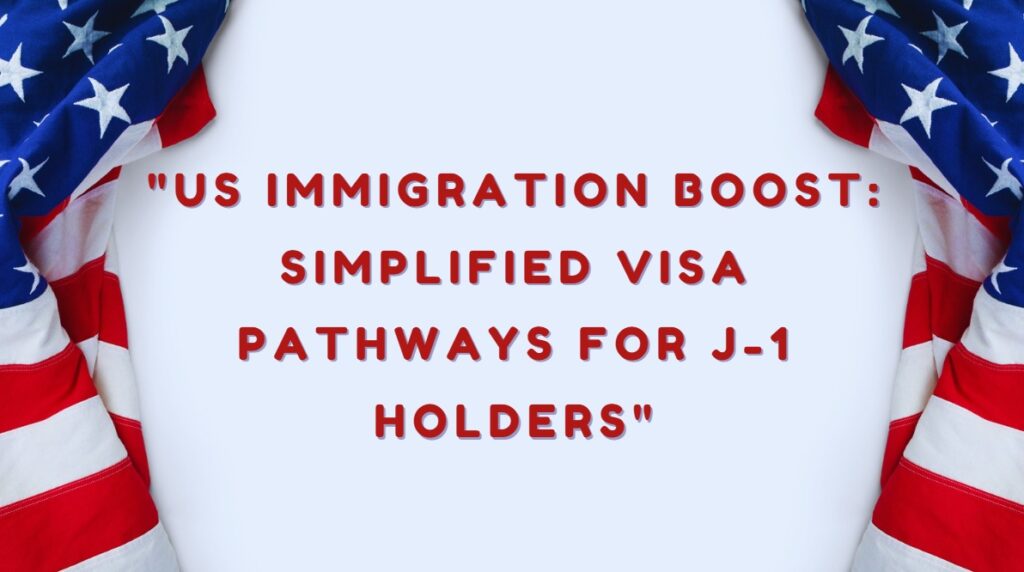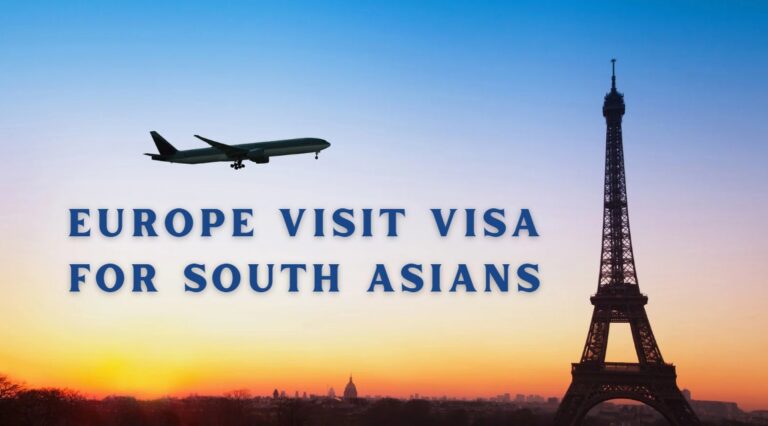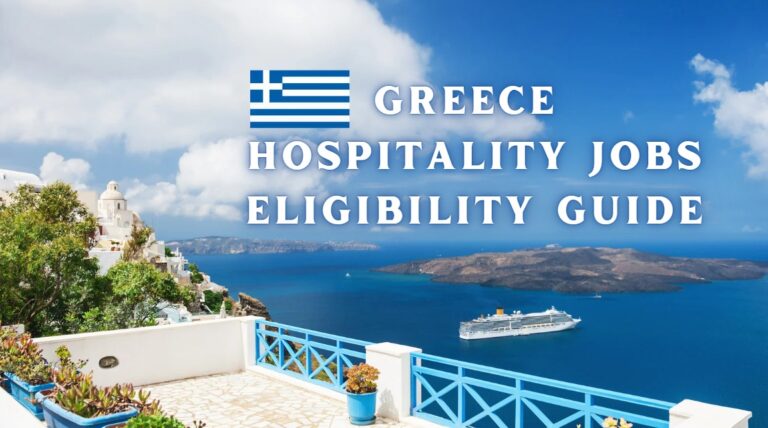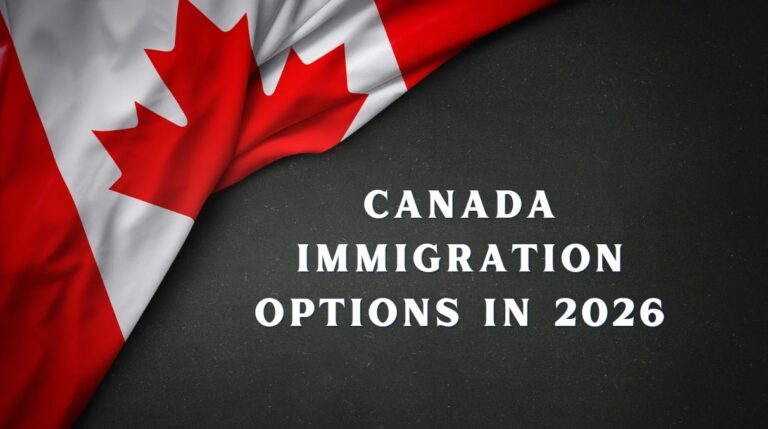
Exciting Updates to the J-1 Visa Program: A Game-Changer for Global Talent
The U.S. Department of State has announced a groundbreaking revision to the Exchange Visitor Skills List, effective December 9, 2024, marking the first major update in 15 years. This change eliminates the two-year home residency requirement for J-1 visa holders from 34 additional countries, including India, China, South Korea, Saudi Arabia, and the UAE. It’s a move designed to foster greater retention of global talent within the United States, aligning with modern economic and developmental trends.
What Is the Exchange Visitor Skills List?
The Exchange Visitor Skills List identifies countries and expertise areas deemed vital to their national development. Previously, J-1 visa holders from these countries were required to return home for two years after completing their program. With this revision, only 27 countries remain subject to this restriction.
The update reflects evolving global conditions, evaluated through key factors such as:
- Economic Growth: Countries like India and China, with substantial advancements in education and technology, no longer face the same skills gaps.
- Per Capita GDP: Wealthier nations have reduced critical skill shortages.
- Migration Trends: High out-migration rates lessen the need for return stipulations.
- National Resources: Larger countries can now nurture talent locally.
This forward-looking policy ensures that developmental priorities remain dynamic and contextually relevant.
Why This Matters for J-1 Visa Holders
The changes open new doors for J-1 visa holders from affected countries, who can now explore long-term immigration options like H-1B visas or green cards without first returning home or securing a waiver. Key benefits include:
- Career Growth: Researchers, physicians, and trainees can now pursue advanced roles and educational opportunities in the U.S.
- Ease for Employers: American organizations, especially in STEM, healthcare, and engineering, gain access to a larger pool of skilled professionals.
- Streamlined Sponsorship: Universities and research institutions can sponsor J-1 holders for non-cap H-1B visas, which bypass the annual lottery system.
This change transforms barriers into opportunities, enhancing both individual prospects and national competitiveness.
Understanding the J-1 Visa
The J-1 visa is a non-immigrant visa designed to promote cultural and educational exchange. It enables participants to acquire knowledge and skills to benefit both the U.S. and their home countries. Sponsored by accredited institutions, it fosters global cooperation and understanding.
Categories of J-1 Visa Holders
The J-1 visa covers a wide range of participants, including:
- Research Scholars and Professors: Engaged in academic research or teaching.
- Students: Pursuing education at various levels, from high school to university.
- Interns and Trainees: Gaining practical experience in professional fields.
- Physicians: Participating in U.S. residency or fellowship programs.
- Au Pairs and Camp Counselors: Promoting cultural exchange through childcare and community activities.
A Win-Win for All
By updating the Exchange Visitor Skills List, the U.S. has demonstrated its commitment to adapting immigration policies to reflect global progress. The new rules are a win for J-1 visa holders eager to build their future in the U.S. and for American employers looking to tap into the best international talent.
Looking forward to getting more information on the migration program Call or WhatsApp us 00974 4493 4528
Connect with us to get updates on our regular Immigration and hiring updates 🤝🏻
💬Official Whatsapp Channel | 💬 Whatsapp Community | 👍 Facebook | 📸 Instagram | 💼 LinkedIn







